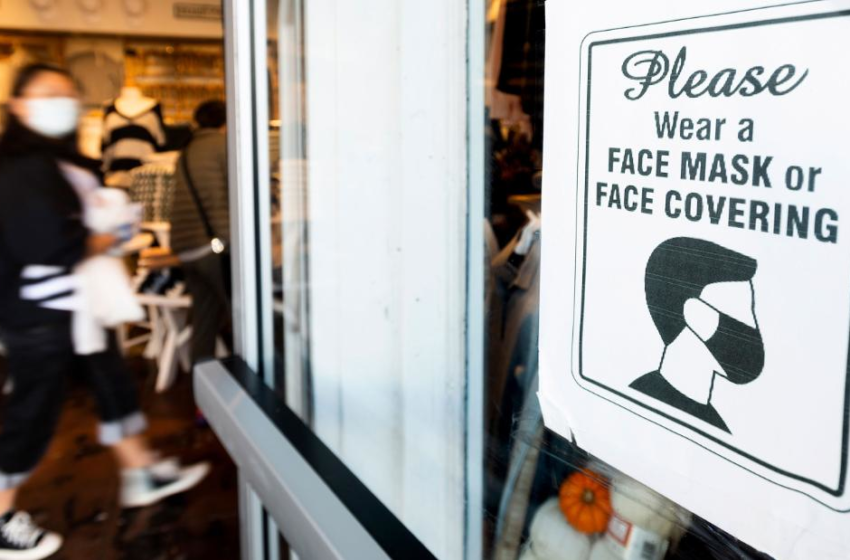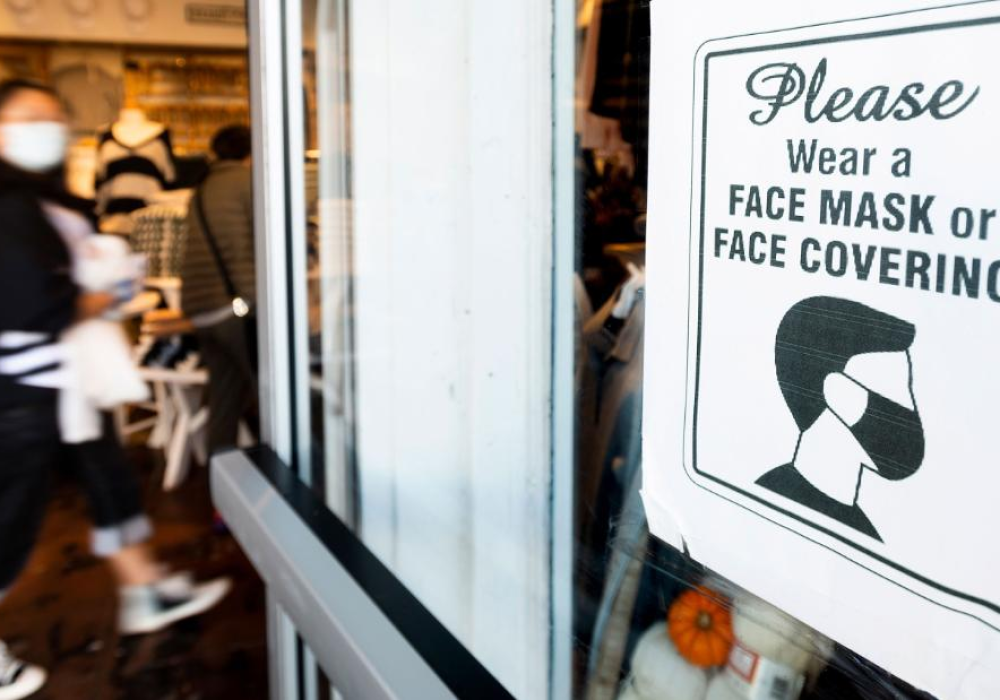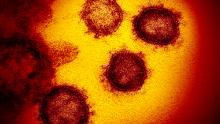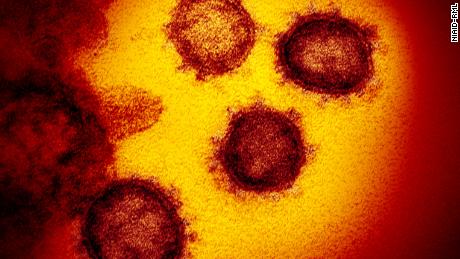Here’s a refresher on how to protect yourself and your loved ones.
Getting vaccinated is one of the best ways to protect yourself and those around you. Vaccines are readily available across the US and many Americans are now eligible for a booster shot.
“Get your vaccine, get your booster,” Dr. Francis Collins, director of the National Institutes of Health, told CNN. “It’s the best chance we’ve got to drive this Covid-19 pandemic away.”
Vaccines have proven to be safe and effective at reducing severe Covid-19 cases.
Wear a mask properly

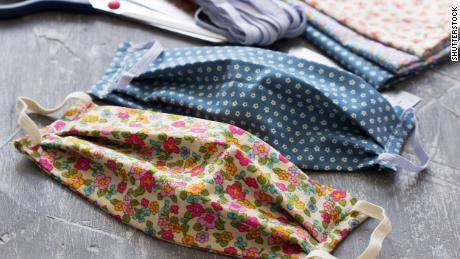
N95 masks offer the best protection. Washable, breathable cloth masks will do the job, but they should have at least two layers — three are better — and you can add a filter for more protection.
Masks should cover both your nose and mouth, and should fit snugly, with no gaps.
Check for symptoms and get tested
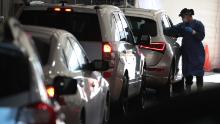

But there’s also diarrhea, nausea and vomiting, fatigue, loss of smell and taste, body aches, mental confusion and even delirium.
If you have been exposed to the coronavirus, symptoms will probably show up within a week, health experts say. That is, if you are going to have them at all — which some people don’t. Any or all symptoms can appear between two and 14 days after exposure to the virus, according to the US Centers for Disease Control and Prevention.
Wash your hands
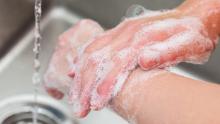

Work up a good lather and scrub your hands, fingers and under your nails for at least 20 seconds. Use clean, running water to thoroughly rinse, then scrub them dry.
Washing for at least 20 seconds has been shown to remove more microbes than washing for shorter periods. Singing “Happy Birthday” twice while washing can work as a “timer.”
Use hand sanitizer
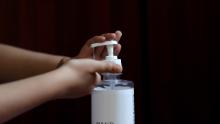

It’s important both of your hands are covered completely, including between the fingers and under the nails. Rub your hands until they are dry. Use it generously if your hands are greasy or really dirty, since the sanitizer might not be as effective in that case, according to the CDC.
Reduce your risk


The best thing you can do is stay home, if possible, and reduce your risk by cutting down on errands and trips to the store.
The safest place outside your home is the outdoors. But even there, you should keep a safe distance from people you don’t live with.
You can also reduce risk by getting take out food instead of dining in restaurants and avoiding public transportation, if possible.
CNN’s Maggie Fox, Holly Yan, Sandee LaMotte, AJ Willingham, Kristen Rogers, Scottie Andrew and Alicia Lee contributed to this report.

